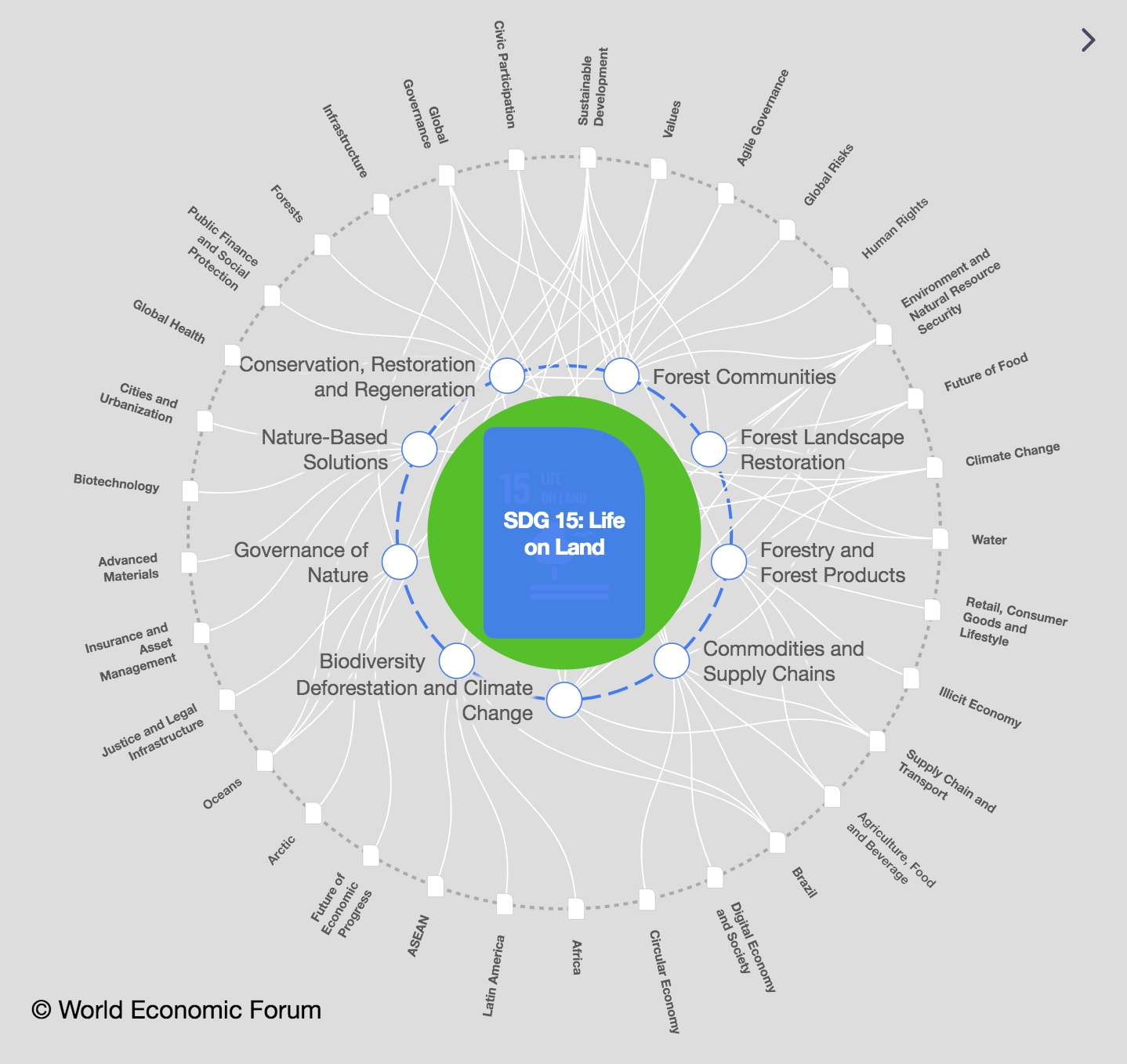Restoring trust by restoring soil

We must treat soil as an asset to help solve the climate crisis. Image: Pixabay

Get involved with our crowdsourced digital platform to deliver impact at scale
Stay up to date:
SDG 15: Life on Land
- We will not solve the biggest crisis humanity has faced, the climate emergency, unless we take agriculture into account.
- The solution is in the soil and here are 3 ways of getting it right: pay farmers the right price for food; treat soil as an asset; and engage consumers through full transparency.
Our planet and humanity are basically supported by a 10-30 centimeters layer of soil, and it is our most precious resource.
Agriculture has always been the foundation for civilization. About 12,000 years ago mankind went from being hunters to gatherers (the Neolithic Revolution). Animals were domesticated and the growing of grains enabled the taxation of land – thereby leading to the establishing of communities, cities, states and then countries. Agriculture was the driving force for this.
Closer to our time, we can also see farming and farmers as a crucial part of one of the most striking narratives in Western history: the migration from Europe to America – the dream of new land.
And just think about the Asian miracle. Would it be possible to see the prosperous growth in this region, the avoided famine and the emergence of tech giants if it hadn’t been for the post-war Asian green revolution? Absolutely not.
It is time we fully recognize agriculture’s impact on society.
Faced with maybe the greatest crisis of all time – the climate emergency threatening humanity – we must look to nature itself for the solution. And we find it in the soil. Here are three ways of getting it right:
1. Paying farmers the right price for food
Farmers, more than anyone else, know that you can’t take out more than you put in. However, at present too much of our food production comes at too high cost in the form of the loss of biodiversity, deforestation and climate change.
According to the Food and Land Use Coalition (FOLU) report “Growing Better: Ten Critical Transitions to Transform Food and Land Use”, the global value of the food system is $10 trillion, the cost is $12 trillion.
In other words, the food system is destroying value. The reason is that we don’t factor in costs related to health and the environment.

We cannot continue to pay the farmer only for volume but must start paying also for quality and environmentally healthy practices. We are simply not paying the farmers the real cost of food.
It’s almost as if we are incentivizing pollution. Farmers are stewards of the soil – let’s start paying them for it.
2. Engaging the consumer through full transparency
Today, consumers have no way of knowing whether food in the supermarkets is has been produced in an environmentally friendly way. It’s a guessing game. We know all there is to know about the nutritional facts, but nothing about the climate footprint.
It’s time we move from counting calories to counting carbon. This can be done by promoting full transparency in the food value chain. The technology is readily available, and there are a number of different initiatives ongoing. However, we need standardization and harmonization. This way, consumers will know how to act, and we can reward sustainable agriculture every day we go grocery shopping.
3. Treating soil as an asset class
“We have to stop treating soil like dirt,” Paul Polman said in Davos a few years ago. I couldn’t agree more and would like to add: We must treat soil as an asset.
Soil isn’t just a factor of production; it’s an environmental asset. It stores 80% of carbon in terrestrial ecosystems.
With 52% of all farmland degraded or disused and carbon stored in agricultural soils having decreased due to unsustainable practices, a shift is required and a value placed on healthy soils.
Through regenerative agriculture, we can sequester more carbon, better protect biodiversity and ensure productive soils. But to achieve this, we must put in place a system for carbon credits, where the farmers get a new revenue stream from sequestering carbon.
What is the World Economic Forum doing to help ensure global food security?
Just picture a world where financial institutions are viewing soil as an asset class. Where the farmer can put the soil up as collateral based on the value it represents. It would change farming forever.
We are running out of time, but the solutions are there. With the scientific revolution in the early 1900s of transforming nitrogen into fixed form – i.e. mineral fertilizers – the solution was in the air. Today, the solution is in the soil. We just need to act.
Don't miss any update on this topic
Create a free account and access your personalized content collection with our latest publications and analyses.
License and Republishing
World Economic Forum articles may be republished in accordance with the Creative Commons Attribution-NonCommercial-NoDerivatives 4.0 International Public License, and in accordance with our Terms of Use.
The views expressed in this article are those of the author alone and not the World Economic Forum.
Related topics:
The Agenda Weekly
A weekly update of the most important issues driving the global agenda
You can unsubscribe at any time using the link in our emails. For more details, review our privacy policy.
More on Forum InstitutionalSee all
Spencer Feingold and Gayle Markovitz
April 19, 2024
Kate Whiting
April 17, 2024
Andrea Willige
March 27, 2024
Shyam Bishen
March 20, 2024
Simon Torkington
March 15, 2024






